
Findings may have therapeutic implications because of the potential to target neurotransmitters to treat or prevent melanoma.

Findings may have therapeutic implications because of the potential to target neurotransmitters to treat or prevent melanoma.

Although additional studies are needed, findings indicate that mtDNAfb may be a useful biomarker for future risk of non-Hodgkin lymphoma.
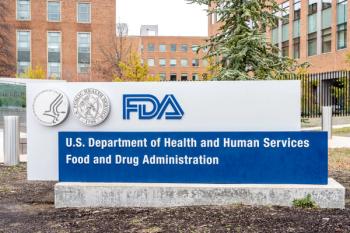
Improved prescription information could help consumers make better health care decisions and result in cost savings.

Early safety studies of NK-cell infusion have demonstrated the potential of NK-cell infusion, showing it may be the next revolution in cancer treatment.

Specialty pharmacists play an important role in dispensing PCSK9 inhibitors and serve as a valuable source of assistance and education for patients.

In terms of science and technology, the health care community has everything needed to clinically implement pharmacogenomics testing.

Risks of genitourinary and gastrointestinal toxicity were reduced significantly, but longer follow-up is necessary to examine potential future issues.

A panel of experts discuss the state of biosimilars today and the importance of standardizing knowledge of the field.
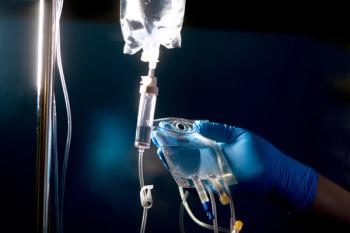
Treatment providers have been forced to adapt and make potentially life-altering decisions for patients due to persistent chemotherapy drug shortages, all while solutions from the FDA and drug manufacturers remain scant.

Managing cost savings can soften the blow of direct and indirect remuneration fee reform that will impact pharmacists during the first half of 2024.

For many patients with C diff, the experience of medical gaslighting is a common one because many health care providers lack education and familiarity with the disease.
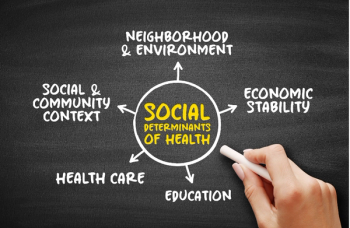
Specialty pharmacists can have more contact with patients than providers.
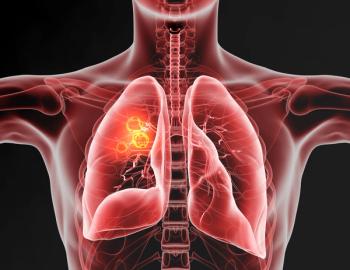
The 5-year survival rate for patients with exon 20 insertion EFGR mutation is 8% in the frontline setting, worse than the survival rate of the 2 most common types of EGFR mutations in patients with advanced or metastatic non-small cell lung cancer.
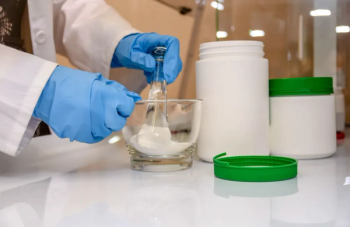
Drug shortages have led to increased use of compounding pharmacy.
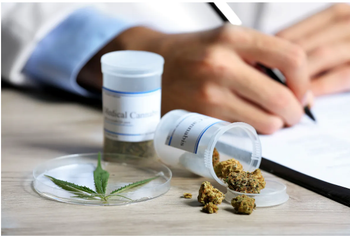
Quality standards and national regulation help to establish its role as medicine.
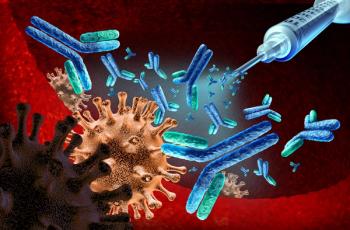
Evidence remains limited for specific therapies to treat the disease, but new clinical trials are ongoing.

Those infected with HIV could have experienced more hardships during the peak of the pandemic and could suffer more challenges with the lack of resources post-pandemic.
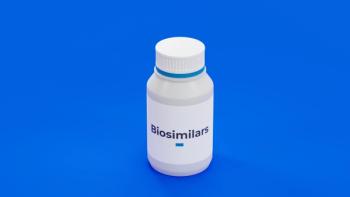
Express Scripts recently announced the addition of 3 Humira biosimilars to its main formulary.

Analyzing the patent and trademark challenges faced by 503A compounding pharmacies.

Albumin is a cost-effective predictor of intravenous immunoglobulin-resistance in young patients with Kawasaki disease.

Institutional review boards and ethics committees have seen it as their main task in the past few decades to protect children from questionable studies; however, they are faced with a new challenge with pediatric drug development.
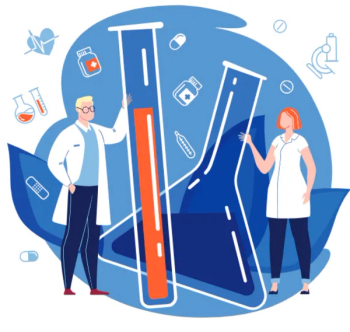
COVID-19 is helping to shape current pharmacy practice, including increased vaccinations, access to care, and better interactions with patients.
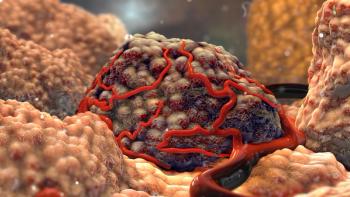
More than half of the patients prescribed oral anticancer agents report persistent moderate-to-severe symptoms, despite receiving counseling on adverse effect management.

Valoctocogene roxaparvovec-rvox (Roctavian; BioMarin) is a one-time gene therapy product administered as a single dose by intravenous infusion for hemophilia A.
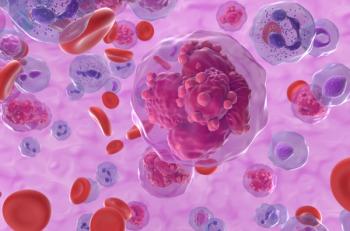
Researchers noted that the therapy remains risky, owing to the substantial immunosuppressive and cytopenic effects of the trial protocol and the risks that immune-cell manipulation carries.

McKesson ideaShare 2023 recognized pharmacy technicians with a technician-focused continuing education (CE) session, roundtable, and honorary reception.

Somatrogon-ghla (Ngenla; Pfizer Inc, OPKO Health Inc) is a subcutaneous injection that is administered once weekly via a device allowing for titration based on patients’ needs.

During the pandemic, many community pharmacists also gained the authority to provide routine vaccinations for child populations.

As part of the approval condition, the FDA is requiring Sarepta Therapeutics to complete a clinical study to confirm the drug’s benefit in motor and physical functions.

Mama Village Rx & Wellness cares for Mamaroneck community, owner considers patients like family.